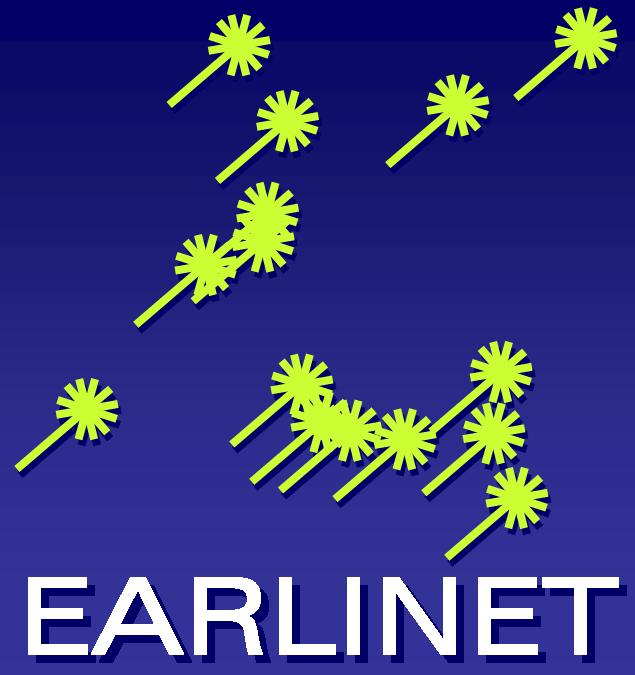comparison: docs/handbook/handbook_of_instruments.rst
docs/handbook/handbook_of_instruments.rst
- changeset 65
- a6e69feda10d
- parent 64
- 67f8f07ff9b8
equal
deleted
inserted
replaced
| 64:67f8f07ff9b8 | 65:a6e69feda10d |
|---|---|
| 1 The Handbook of instruments | 1 The Handbook of instruments |
| 2 =========================== | 2 =========================== |
| 3 | 3 |
| 4 The SCC database contains all the information needed to complete the handbook of instruments. We hope | 4 The SCC database contains all the information needed to complete the handbook of instruments. We hope |
| 5 that this method of updating system information will be more efficient than exchanging traditional excel files. | 5 that this method of communicating system information will be more efficient than exchanging traditional excel files. |
| 6 | 6 |
| 7 Describing your systems | 7 Describing your systems |
| 8 ----------------------- | 8 ----------------------- |
| 9 Unfortunately, the SCC does not contain the concept of a system, but only of System Configuration. | 9 Unfortunately, the SCC does not contain the concept of a system, but only of System Configuration. |
| 10 This means that a station can have a single physical system, but use several configuration in the database | 10 This means that a station can have a single physical system, but use several configuration in the database |
| 11 (daytime channels, Raman channels, etc).For example, the Alomar station, could have three system configuration | 11 (daytime channels, Raman channels, etc). For example, the Alomar station, could have three system configuration |
| 12 but only one system, the "ALOMAR Troposphere Lidar". | 12 but only one system, the "ALOMAR Troposphere Lidar". |
| 13 | 13 |
| 14 To construct the HOI we groupd different configurations based on the **name** of the system. In the previous example, | 14 To construct the HOI system page, we group different configurations based on the **name** of the system. |
| 15 we need to combine all three configuration of ALOMAR in one system. To do this: | 15 In the previous example, we need to combine all three configuration of ALOMAR in one system HOI entry. To do this we: |
| 16 | 16 |
| 17 1. Group all system configurations with the same name as one system. | 17 1. Group all system configurations with the same name as one system. |
| 18 2. Get all distinct channels connected with any of these systems. | 18 2. Get all distinct channels connected with any of these systems. |
| 19 3. Get all lasers, telescopes, and emission lines for all channels. | 19 3. Get all lasers, telescopes, and emission lines for all these channels. |
| 20 4. Show all of these to the HOI as one system. | 20 4. Show all of these to the HOI as one system. |
| 21 | 21 |
| 22 Excluding system configurations or channels | 22 Excluding system configurations or channels |
| 23 ------------------------------------------- | 23 ------------------------------------------- |
| 24 It is possible that you create some system configuration or channel just for testing purposes. It is possible | 24 In some cases, you may create some system configuration or channel just for testing purposes. You can |
| 25 to exclude these from the handbook of instruments. To do this: | 25 exclude these from the handbook of instruments. To do this: |
| 26 | 26 |
| 27 1. Login to the admin section. | 27 1. Login to the admin section. |
| 28 2. Go to the page of the system/channel you want to exclude | 28 2. Go to the page of the system/channel you want to exclude |
| 29 3. Check the "Exclude from HOI" checkbox. | 29 3. Check the "Exclude from HOI" checkbox. |
| 30 | 30 |
| 31 System from and to dates | 31 System from and to dates |
| 32 ------------------------ | 32 ------------------------ |
| 33 If you had several old systems that are no longer working, or if you have performed a major upgrade to your system, | 33 If you had several old systems that are no longer working, or if you have performed a major upgrade to your system, |
| 34 it is a good idea to include this information to the HOI. Each system configuration includes the | 34 it is a good idea to include this information to the HOI. Each system configuration includes the |
| 35 fields **Configuration from** and **Configuration to** that define the time period that the system was active. | 35 fields **Configuration from** and **Configuration to** that define the time period that the system was active. |
| 36 | |
| 37 | |
| 38 | |
| 39 | |
| 40 | |
| 41 |

